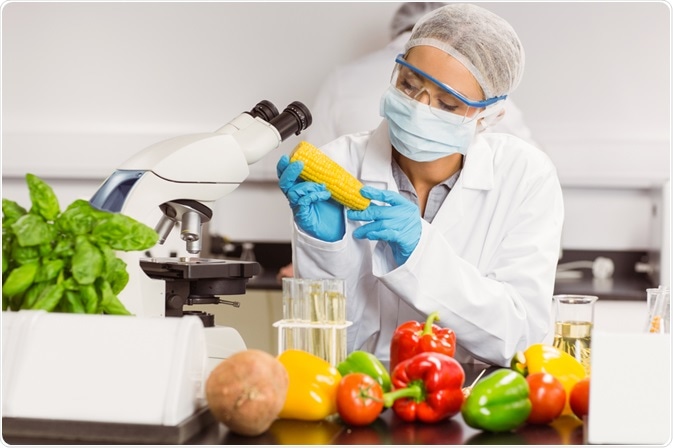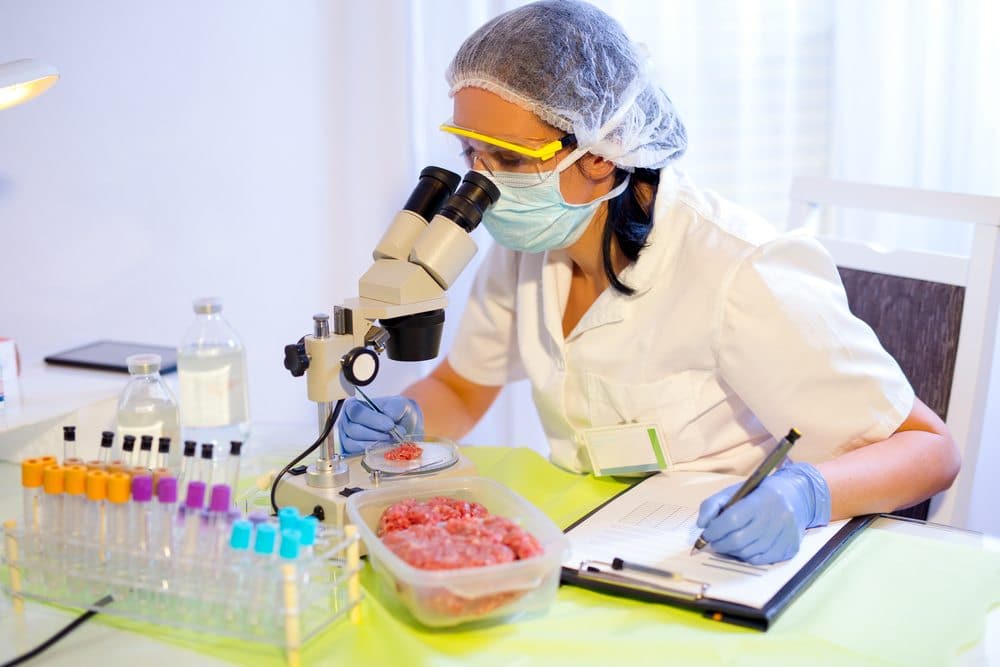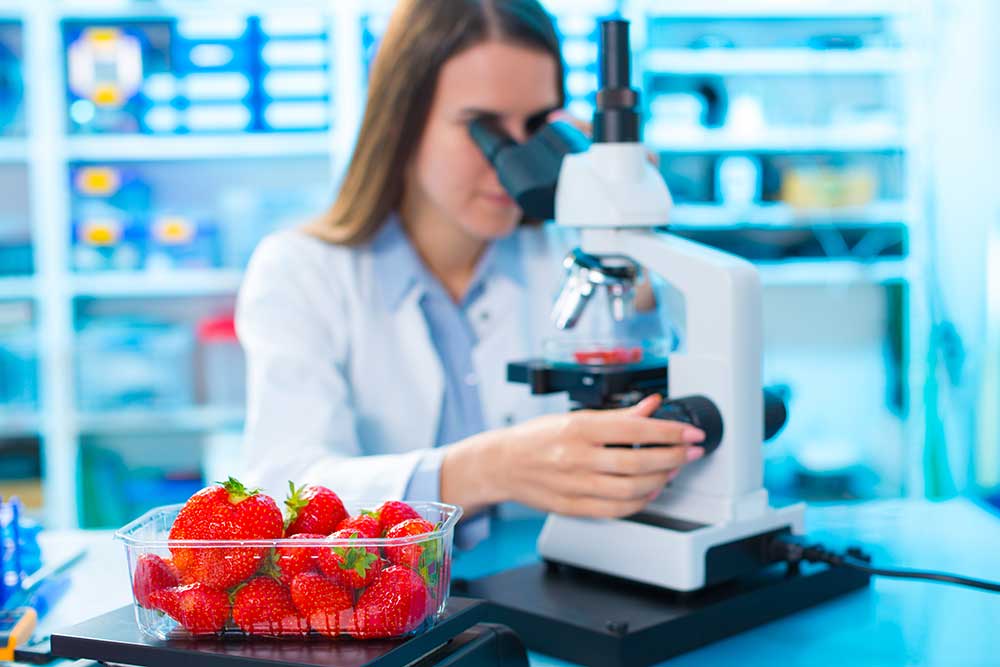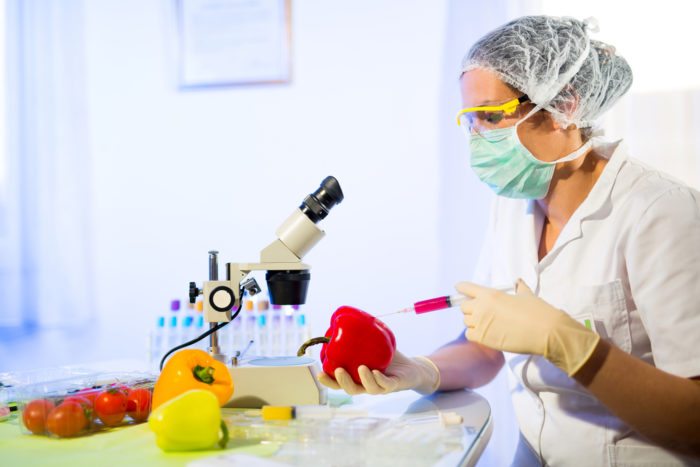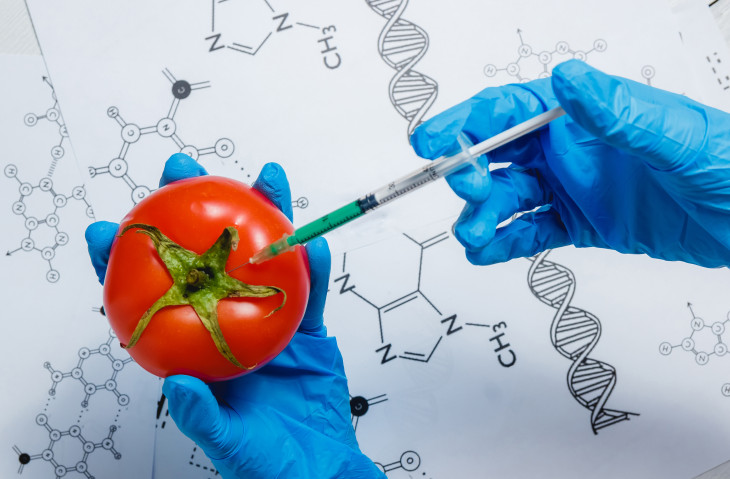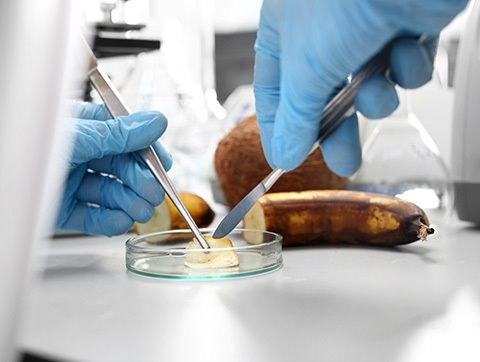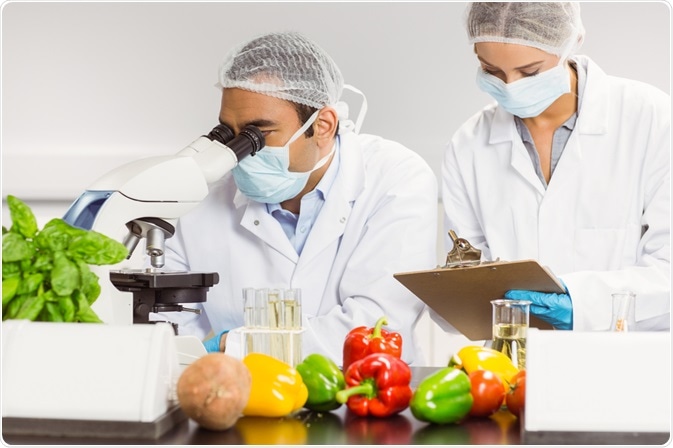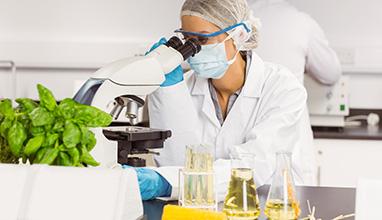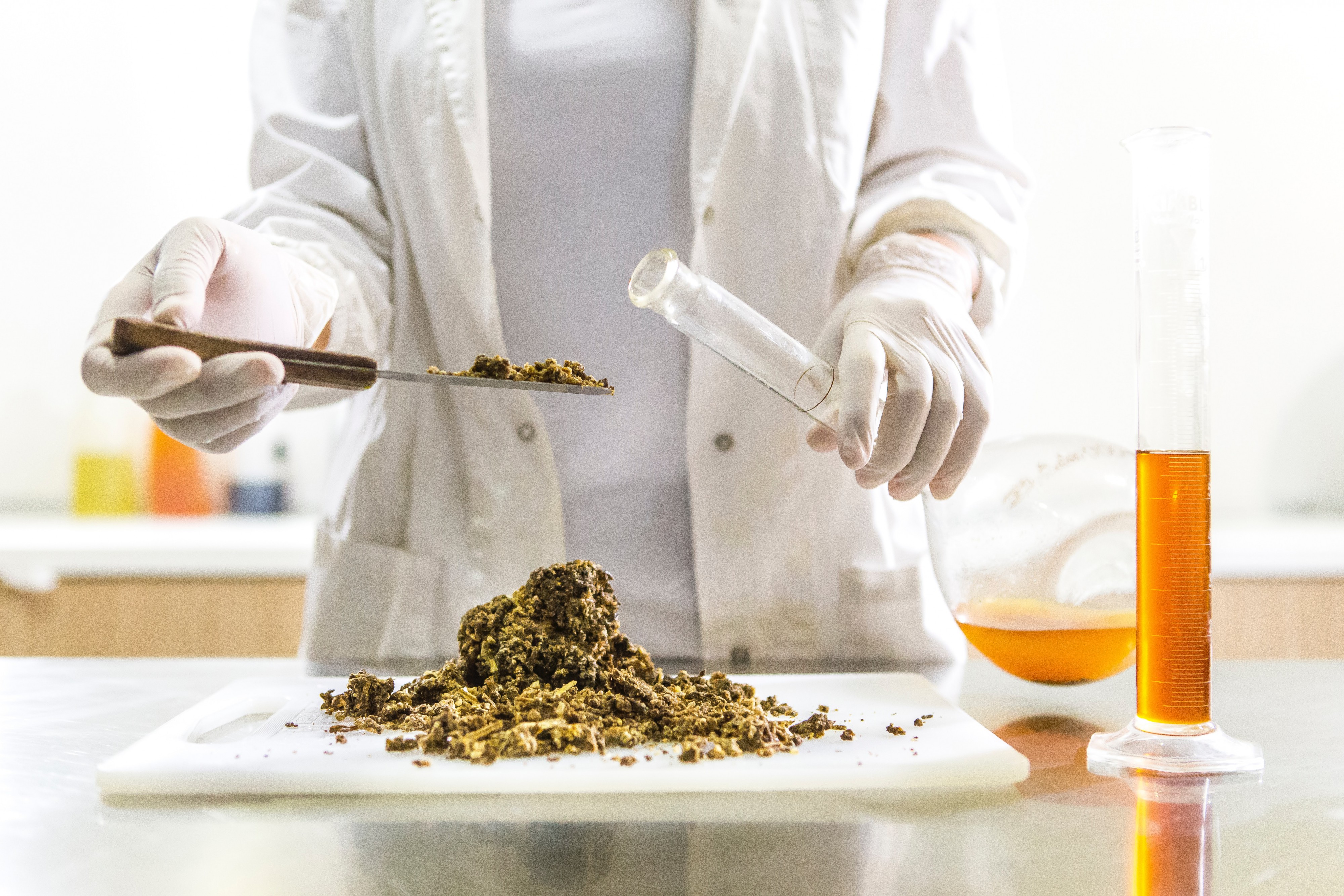Inspirating Tips About How To Be A Food Scientist

However, most go on to earn a master’s or doctorate.
How to be a food scientist. How to become a food scientist: Suppose you’re interested in pursuing a career as a food scientist. Agricultural and food scientists need at least a bachelor’s degree from an accredited postsecondary institution, although many earn more.
A master’s degree or higher. Consider taking a master's degree or phd. While studying food science, it's wise to gain practical experience in the food industry via an internship at a food company, according to experts.
We've identified some online courses from udemy and coursera that will help. In order to become a food scientist, it's vital that you earn a bachelor's. To become a food scientist you should atleast have a bachelor degree.
A food scientist usually requires a bachelor’s degree from an accredited college or university to enter this career field; Becoming a food scientist that completes your own research projects, directs others in applied research, you will likely need a master’s degree in food science. A food scientist studies the taste, quality, processing, and production of food.
Earning a university degree in food science, food technology, or similar will give you the necessary skills to become a food scientist and qualify for possible specializations. How to become food scientist? A bachelor's degree in food.
One of the best ways to acquire the skills needed to be a food scientist is to take an online course. With an estimated 346 million people. How to become a food scientist.
Food scientists study the nutritional value of food, look for new food sources, and try to make processed foods healthier. Obtain a bachelor’s degree in food science. That may not sound like a lot, but.
A minimum of a bachelor's degree is usually a requirement to work as a food scientist. First, complete a bachelor's degree: You can pursue a bsc in.
You can become a food scientist by completing a bachelor’s degree in. The food scientist i documents ingredients, formulations, processes, and testing involved with new product research and development or enhancements to existing products. The following steps may help you pursue a career as a food scientist:
You may major in biology, chemistry or another. Some may even use nanotechnology to develop ways to find food. 8 hours agoa fertiliser boom is breaking out across africa as calls for food security gain momentum amidst a widespread continental food crisis.
